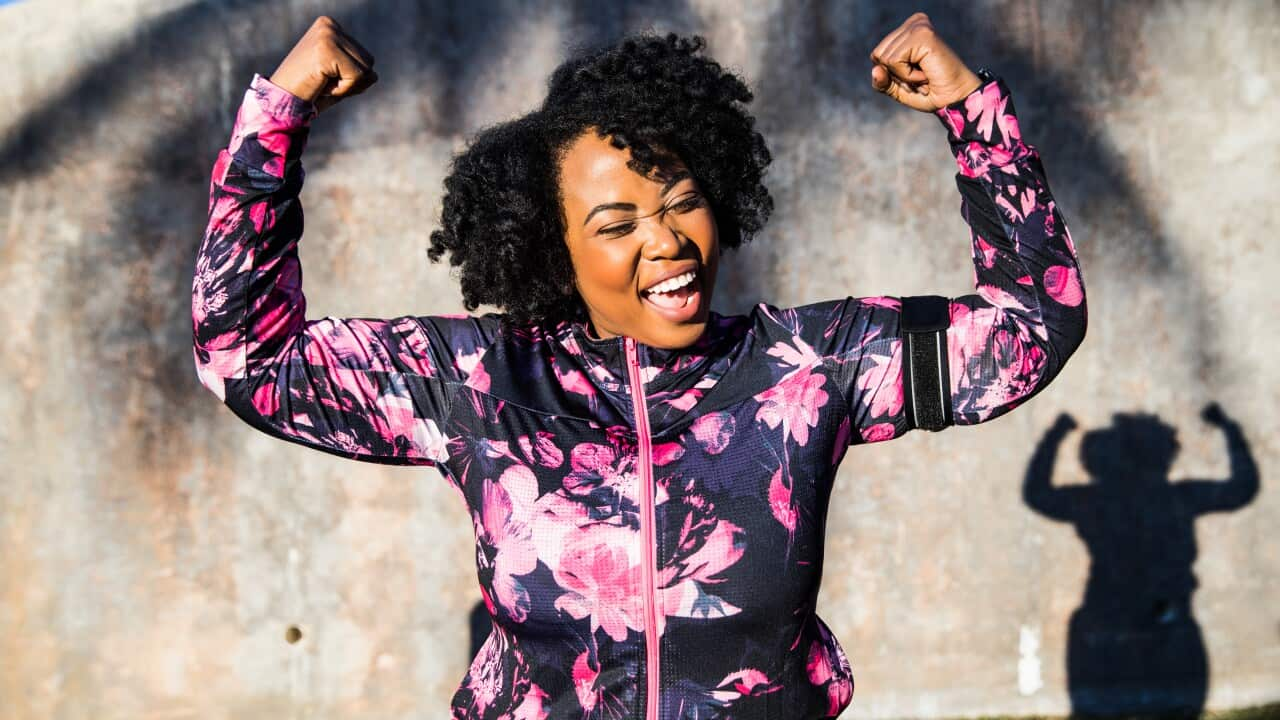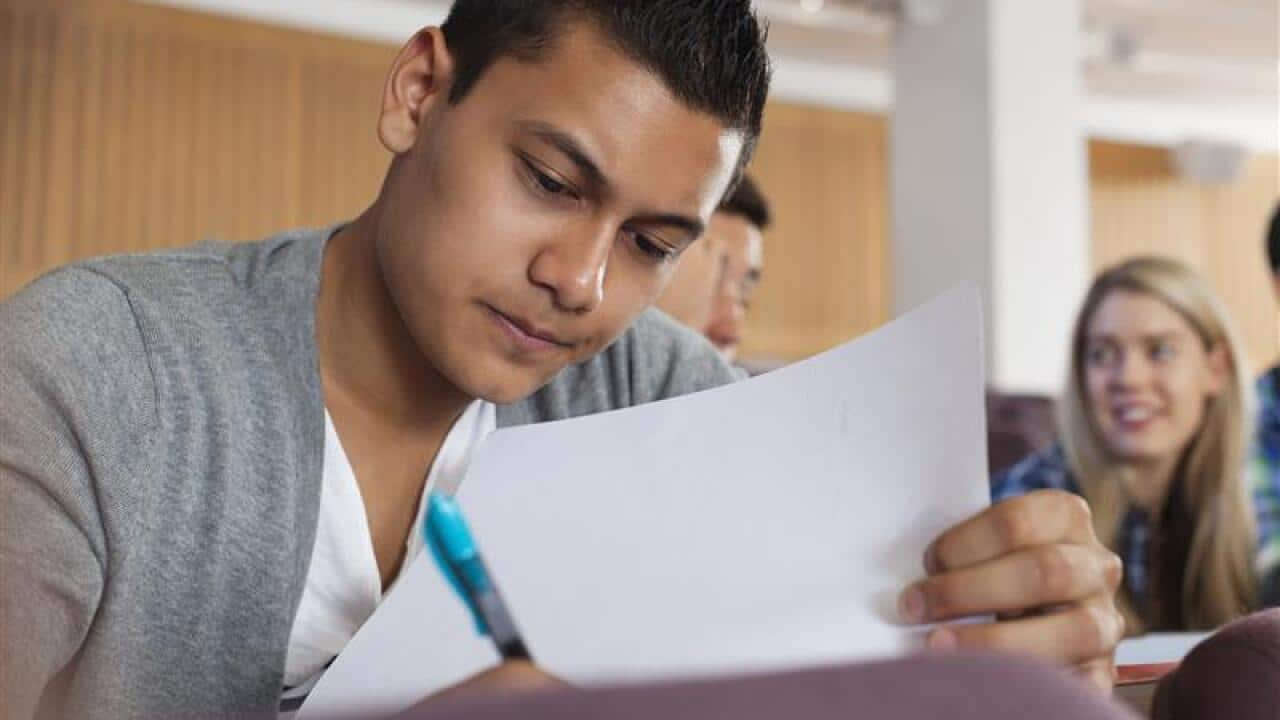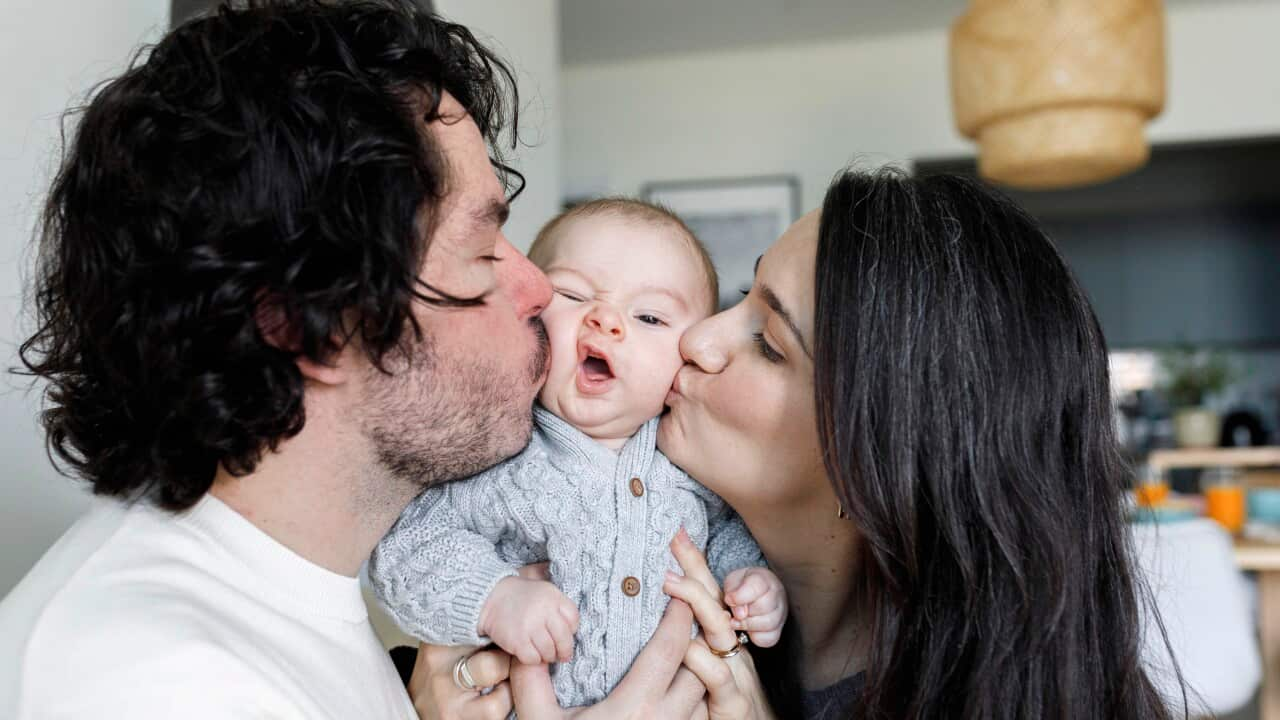As Australia increases its vaccination target rates across states and territories and people look towards greater movement after lockdown, how to talk to those still unconvinced to get vaccinated?
Sydney psychologist Sahra Behardien O’Doherty says it's important to approach the topic gently and facilitate an open conversation.
Be gentle
"It’s important that we have lots of conversations and realise this isn’t an ‘I’m right and you’re wrong' type of situation," she told SBS News.
“I would want to be getting them to assess in their own minds the pros and cons, the positives and negatives, where their fears are coming from and encouraging them to use a critical lens on the information that they are accessing about the vaccines. “[Then] they are able to make a really informed decision not just on their own choice of whether or not they think the vaccine is going to be beneficial to them, but also beneficial to their community.”
“[Then] they are able to make a really informed decision not just on their own choice of whether or not they think the vaccine is going to be beneficial to them, but also beneficial to their community.”

People line up at a mass vaccination hub at South Bank in Brisbane, Monday, September 20, 2021. Source: AAP
Point to statistics
Melbourne GP Billy Stoupas says he often gets consulted about the side effects of coronavirus vaccines, especially around .
“We spend a lot of time talking about and understanding where [patients'] concerns lie, the numbers of clots, the incidents of it and the fatalities that come from it and then putting it into perspective,” Dr Stoupas says.
Authorities say you have a greater chance of winning the lottery than developing the rare clotting disorder, and the benefits of the AstraZeneca vaccine far outweigh the risks.
Understand fears are normal
Ms Behardien O'Doherty says it's important to acknowledge fears around the vaccine are normal and shouldn't be all that surprising, given the speed of the global rollout and other subsequent teething issues.
Often, she says, those fears can be exacerbated by a lack of accurate information.
“A lot of people are hesitant about getting the sorts of vaccinations that are part of our regular, everyday lives, often because [people] don’t have really comprehensive understandings of what the vaccines actually do, how they work and potential things like side-effects," she says. "When we don’t take a person’s fears seriously they can get into quite a defensive state and that can widen the gap between what you’re trying to do, which is help them to overcome their fear and really try to open their mind to accept that vaccines are necessary and helpful."
"When we don’t take a person’s fears seriously they can get into quite a defensive state and that can widen the gap between what you’re trying to do, which is help them to overcome their fear and really try to open their mind to accept that vaccines are necessary and helpful."

Shoppers flock to Westfield Bondi Junction as Greater Sydney exits 108 days of lockdown, Monday, October 11, 2021. Source: AAP
Talk about rolling up your own sleeve
Liz Jones is a midwife in the Northern Rivers region of New South Wales and her choice to get a vaccine came after a conversation with a co-worker who had just been vaccinated.
The 38-year-old had been previously hesitant about getting the vaccine.
“I was on a night shift with another midwife and she had just received [the vaccine]. She said to me that the side effects of actually getting COVID and living with those long-term complications were worse than the risks of getting the vaccine,” she says.
“Once she said that, it made complete sense to me."
Dr Stoupas says a greater uptake in the vaccine will serve to boost overall vaccine confidence.
“The more people you meet who have had the vaccine, the more comfortable you are going to be to get the vaccine.”
Encourage them to see the bigger picture
Widespread COVID-19 vaccination has been referred to as Australia's 'ticket out' of the pandemic.
Greater take-up, authorities say, is likely to lead to fewer snap lockdowns and the reopening of borders, including international ones.
“A lot of people are using that concept of being vaccinated for travel whenever that bubble opens up for us again and we are allowed to go, they want to know that if they’re vaccinated they are much more likely to travel,” Dr Stoupas says.
People in Australia with concerns about coronavirus vaccines are encouraged to speak with their GP.







